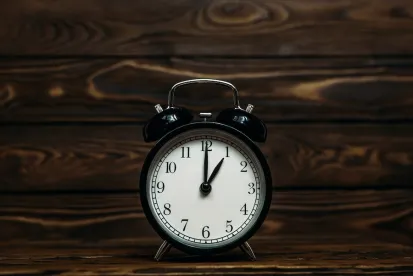On April 11, 2022 Governor Glenn Youngkin signed HB 1173 into law, which replaces various provisions of the Virginia Overtime Wage Act (VOWA) with provisions largely consistent with the Fair Labor Standards Act (FLSA).
When VOWA took effect on July 1, 2021, it was met with backlash from employers in the Commonwealth due to numerous ambiguities and inconsistencies with the FLSA. In addition, VOWA provided several features that were more employee-friendly than the FLSA, including a longer statute of limitations, double and treble damages, and an impracticable calculation of the regular rate of pay for salaried and other non-hourly paid employees. For a more detailed discussion of VOWA, see our previous blog post.
Under the revised law set to take effect on July 1, 2022, Virginia’s overtime requirements will now largely mirror the FLSA. The traditional overtime exemptions under the FLSA are, again, indisputably valid in Virginia. The new law returns Virginia to the FLSA’s regular rate calculation (i.e., by dividing compensation by the hours the compensation was intended to cover, rather than a flat 40 hours). As such, Virginia employers can return to using the FLSA’s fluctuating workweek method of paying salaried, non-exempt employees; the FLSA’s rules for calculating overtime due on bonuses, commissions, and other incentive pay; and the FLSA’s exclusions from the regular rate calculation.
Remedies for violations of the overtime pay requirements, as well as the applicable statute of limitations, also mirror the FLSA. Virginia employers should still be mindful that, outside of overtime claims, employees have a private right of action under state law for unpaid wages under the Virginia Wage Payment Act (VWPA). The VWPA provides for increased damages and penalties in comparison to the FLSA, as well as a longer statute of limitations.
In sum, while employers should celebrate the consistency with the FLSA, they should also be mindful of the significant damages that can (still) flow from wage claims in Virginia.






 />i
/>i
